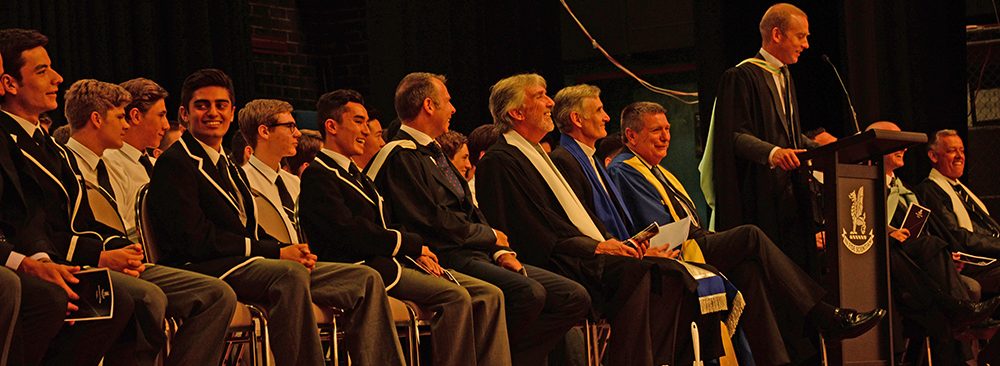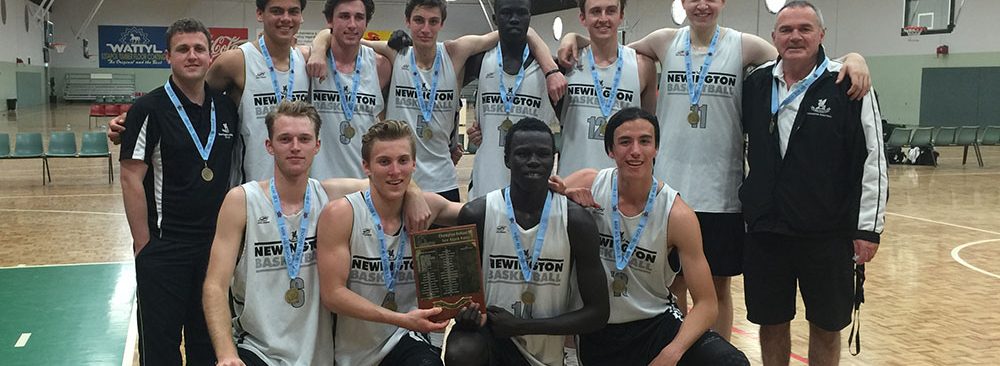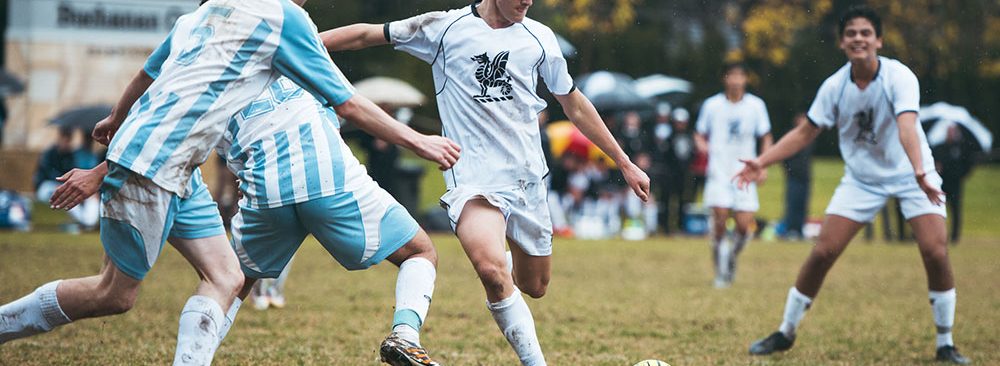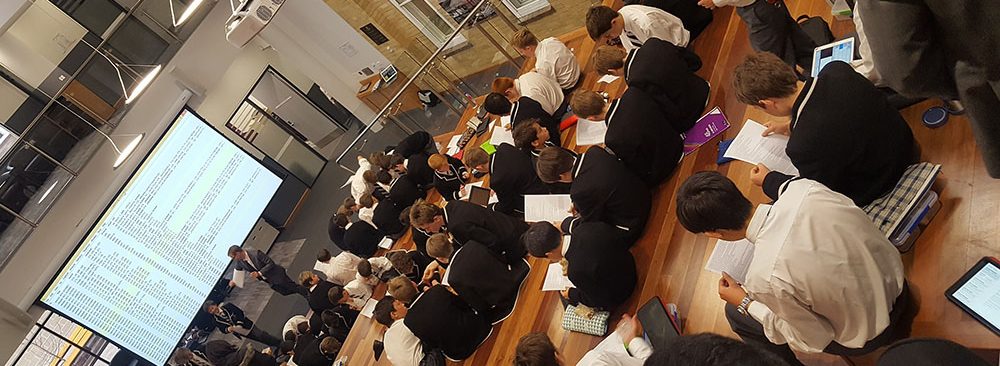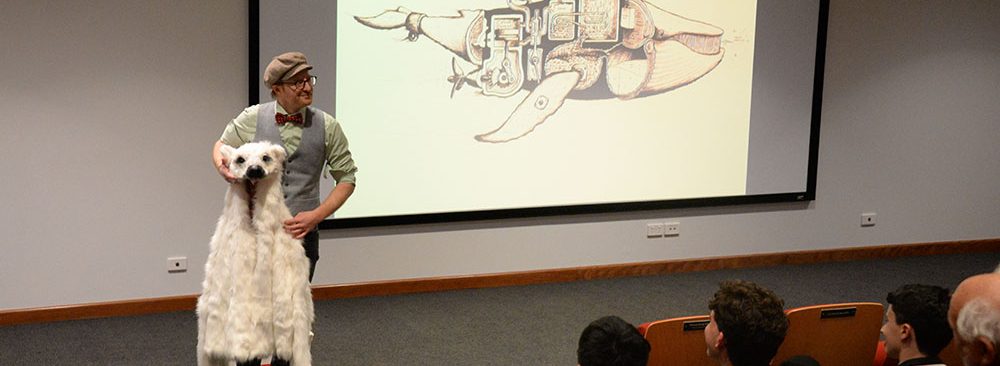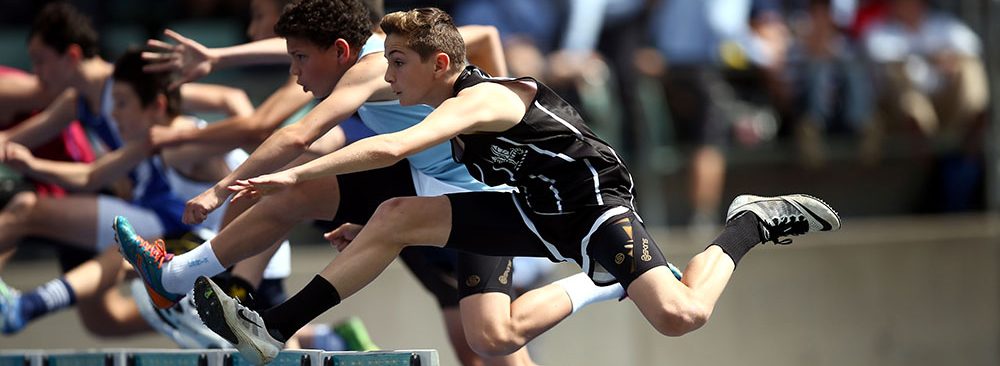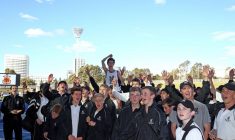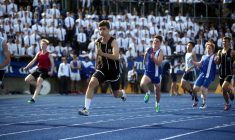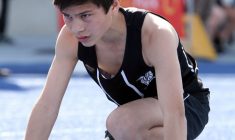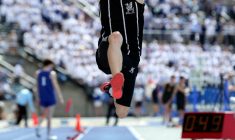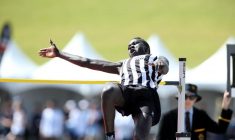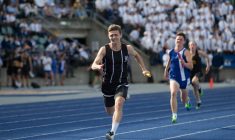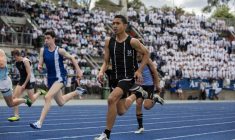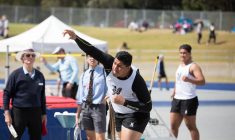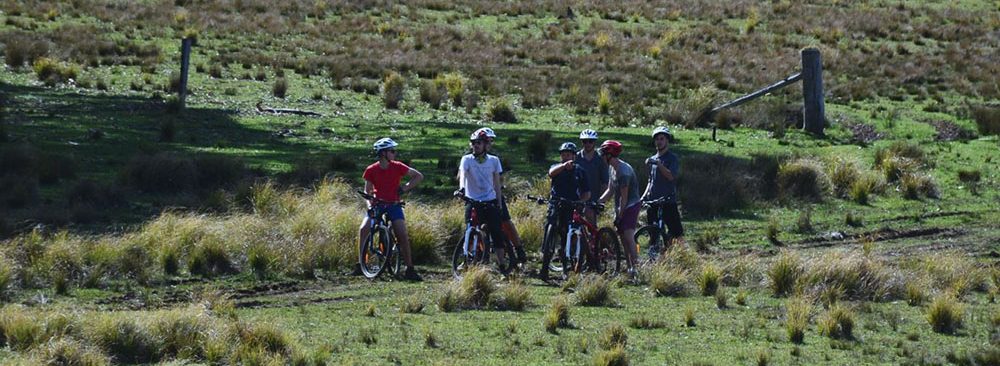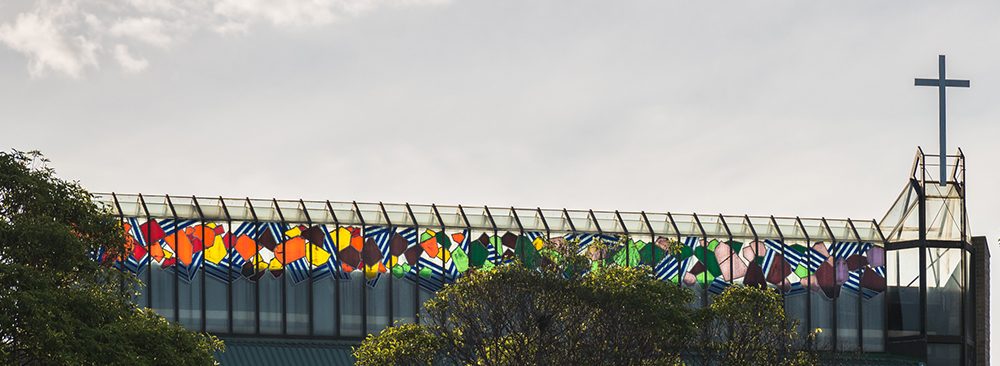From the Head of Stanmore
In addition to the Parent Satisfaction Survey recently completed, that I will be reporting on at the Newington Parents and Friends Association AGM, we also surveyed all of our boys about bullying. The survey provided the boys with an anonymous and confidential means by which they could let us know if they had any concerns about how they or others were being treated. From this information the Well-Being team is able to meet with boys whose names are mentioned in the survey.
The Bullying Survey identifies boys who may either be perceived as the perpetrators or as the victims. In both cases it provides us a chance to better understand the social dynamics that exist and support any boys at risk. In all cases it also provides a framework for a conversation with the boys. A boy may be perceived by others as a bully, yet he may be surprised as to why or have no idea that this is what others are thinking of him, or that his behaviour is making others feel a certain way. In some cases a boy might be identified on the list because of a difference in opinion; either way it paves the way for a conversation that can uncover issues that exist within a year group.
It is appropriate to have a closer look at what bullying is, as boys, parents and teachers can be quick to identify an individual as “a bully” which has instant connotations and can unfairly label a boy. Bullying has become a popular term used by media commentators to explain a variety of incidents between students. The poor behaviour of one student (or group of students) towards another generally gets referred to as bullying. The same is true in workplaces where use of the term ‘bullying’ has sometimes replaced the more traditional description of workplace harassment.
Bullying is a serious issue, one that has—quite rightly—received more attention over recent years. Some estimates suggest that up to 40% of the population have been bullied and, if that is the case, then there can be no surprise that this topic elicits an emotive response from many parents. In our parent survey, referred to in the opening of this article, when asked to agree or disagree with the statement, “My son feels bullying issues are dealt with in an effective way”, 4% somewhat disagreed, 3% disagreed and 2% strongly disagreed. Whilst these numbers are not statistically significant, they do tell us that it is an area of concern and we must continue to be vigilant and thorough in our investigations. There is no doubt in my mind that bullying behaviour can significantly undermine a student’s wellbeing and alter their potential educational outcomes—in the negative sense.
But it is not helpful when only one word is used to describe such a broad range of poor behaviours. I would argue that a misunderstanding of what bullying is can make it difficult for schools to both deal properly with a bully, and support those who have been bullied. Calling every instance of poor behaviour between two students ‘bullying’ really amounts to it becoming a ‘one size fits all’ response to the incident. In reality the response from schools must be appropriate for each incident, offering education for all of those involved. Possible over-reactions to incidents that are not bullying are not helpful for a student’s development in both the short and long term.
Definition: Bullying is defined as the selective, uninvited, repetitive oppression of one person or group by another.
Recently I was at a conference with a former colleague and we were discussing this very matter. He stated that schools are, by definition, complex places where the human relational experiences for young people are as important as their grades. I fully concur with these sentiments as the vast majority of those relational experiences are great educative moments useful for the development of the whole person. However, equally, mistakes—serious or slight—can be made.
Last week we welcomed Police Prosecutor Sergeant Walter Ball and Mr John Cantor to the College, who presented to some of the senior boys and parents about the notion of the ‘Third Fight’. The ‘Third Fight’ investigates the legal implications of very serious mistakes that young people can make. Sergeant Ball said, ‘I have a great belief in speaking to young men, and at least giving them an idea of what is expected by wider society and what their rights actually are, rather then letting the misconceptions and urban myths take hold.’
Bullying is insidious, an issue for all young people and can lead to serious consequences without early intervention. Its accurate identification requires vigilance and response. Education is, indeed, key to helping us all understand the pressures our children face.
Mr David Roberts
DEPUTY HEADMASTER, HEAD OF STANMORE

